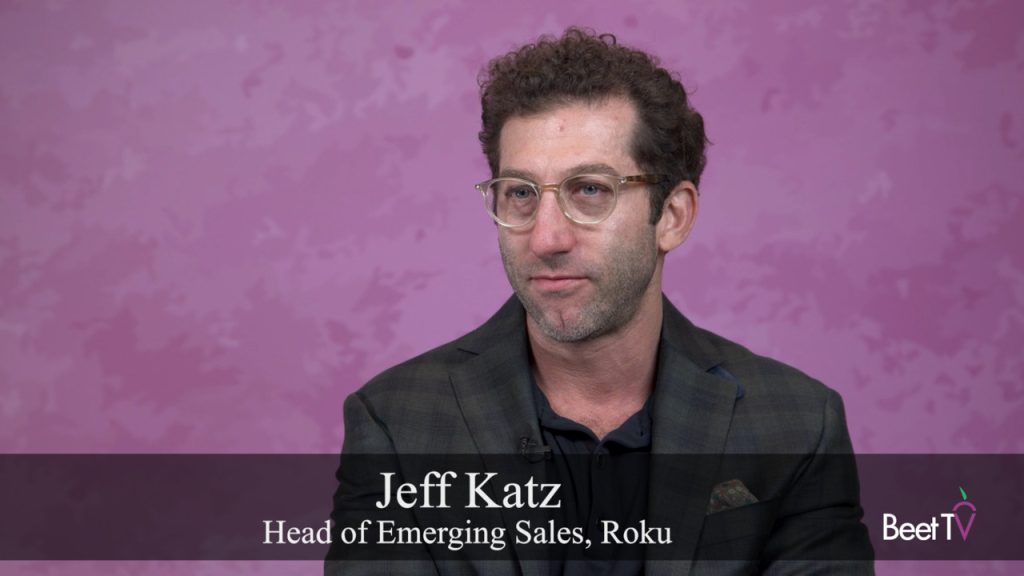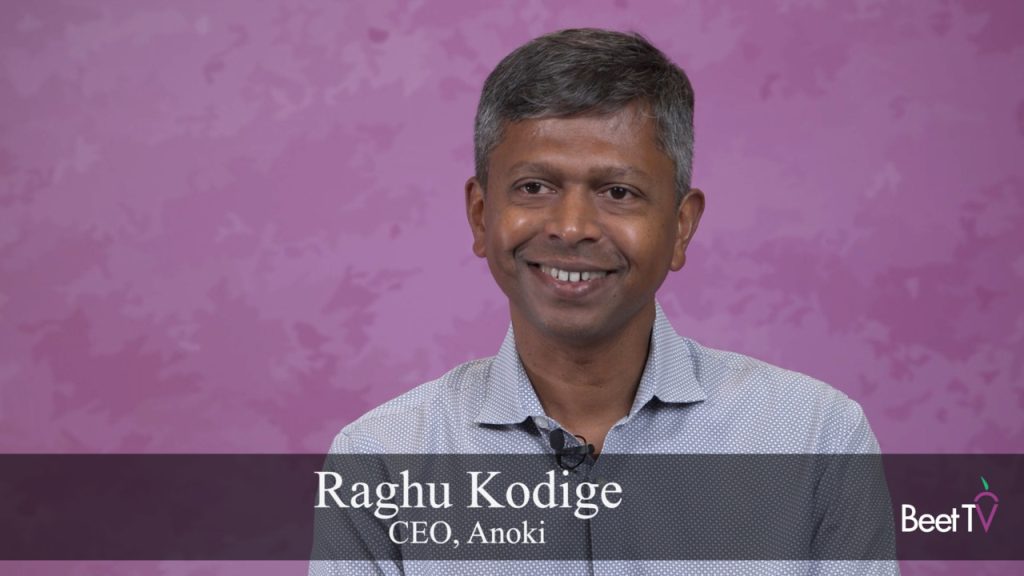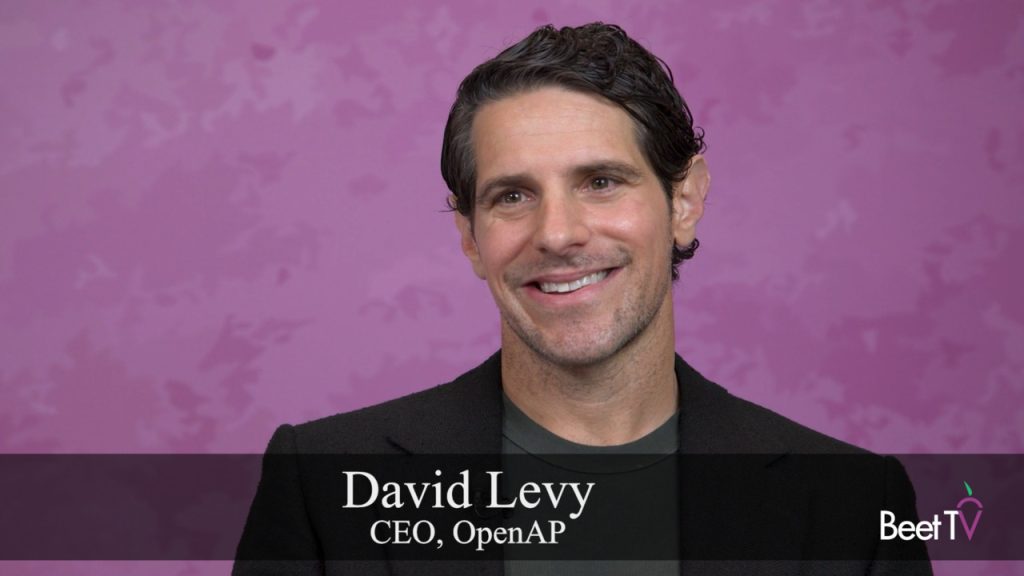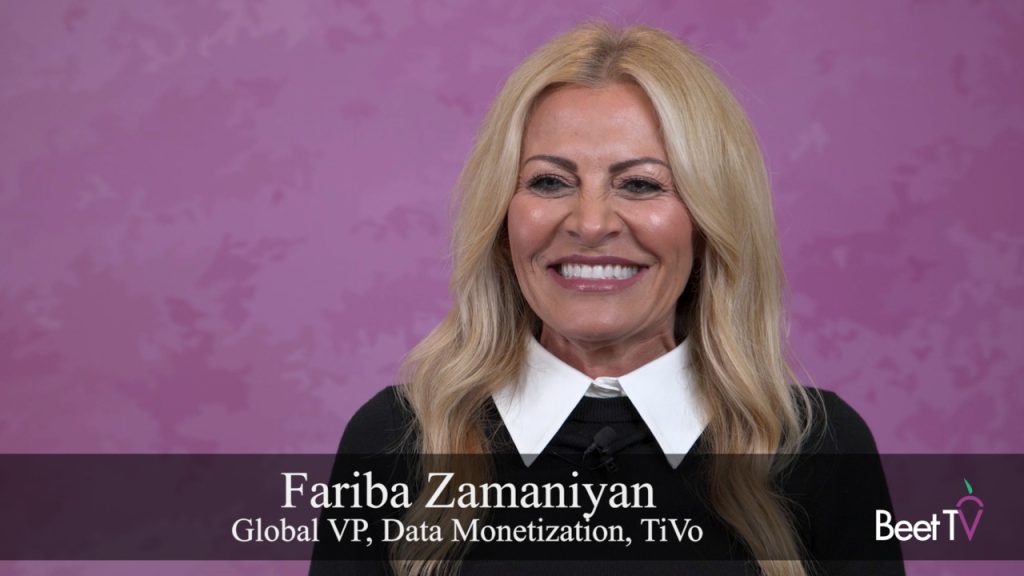Is "Prison Break's" Michael really dead?
That's what Fox wanted viewers to wonder before the series finished its run on May 15.
But the studio that created the show — 20th Century Fox Television — also relied on a well-timed social media strategy to generate interest in the character's fate, the final episode, and two never-before-seen episodes releasing on DVD in July.
The studio's efforts illustrate how media companies can best use social networking services like Twitter and online forums to engage fans, an increasingly important marketing tool especially with the media attention Twitter is receiving these days. Fox's subtle approach dovetails with the findings of a recent Knowledge Networks study reporting that social media works better for brand-building than direct sales or tune-in pitches.
For the "Prison Break" case, in the weeks leading up to the May 15 series finale, fans were
buzzing across social media about rumors that the character of Michael was going to die in the finale without having wed his longtime love, explained Steven Melnick, senior VP of marketing at 20th Century Fox Television in a telephone interview with Beet.TV.
When the season finale ran, viewers were led to believe that Michael might be dead. But after the West Coast airing, the studio
posted a wedding photo on social media services of Michael and his love interest. Fans reacted on social media sites, asking each
other what the photo meant. Shortly after, Fox announced it was
releasing the "Prison Break: The Final Break," an 88-minute DVD with two new episodes on July 21, including the marriage of the two characters.
Melnick said in this case Fox used social media to both monitor and then “shift”
word-of-mouth chatter about the show. Posting the photo led to a whole new slew of social networking activity and subsequent interest in the DVD release, he added.
"To most effectively engage and ultimately activate the fan base, it is better to
surprise them with a piece of content…that will keep
the blogosphere alive, rather than giving them a promotional on-sale message
which rarely has that effect," he told Beet.TV. "It puts them in the position of evangelists for
the property rather than merely consumers of it."
That's because less than one-third of Internet users rely on social media like Twitter to decide what programs to watch online or on TV, according to the Knowledge Networks study. The report found that while 83% of the Internet population engages in social media – with 47% doing so on a weekly basis – less than 5% of social media users regularly turn to these sites for guidance on purchase decisions.
Daisy Whitney, Senior Producer


























